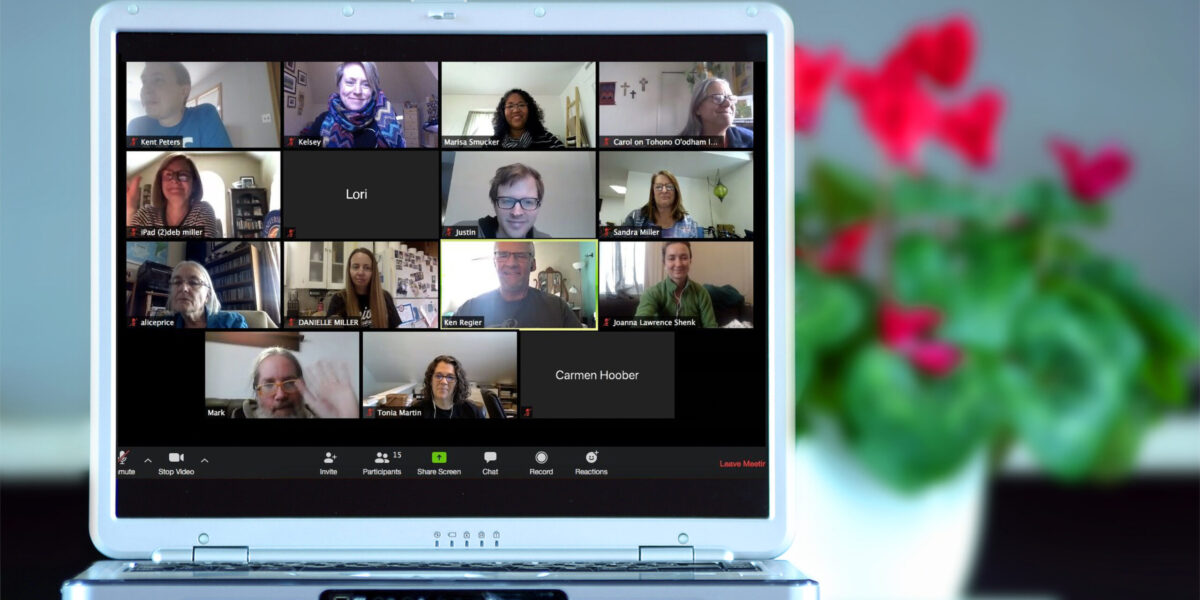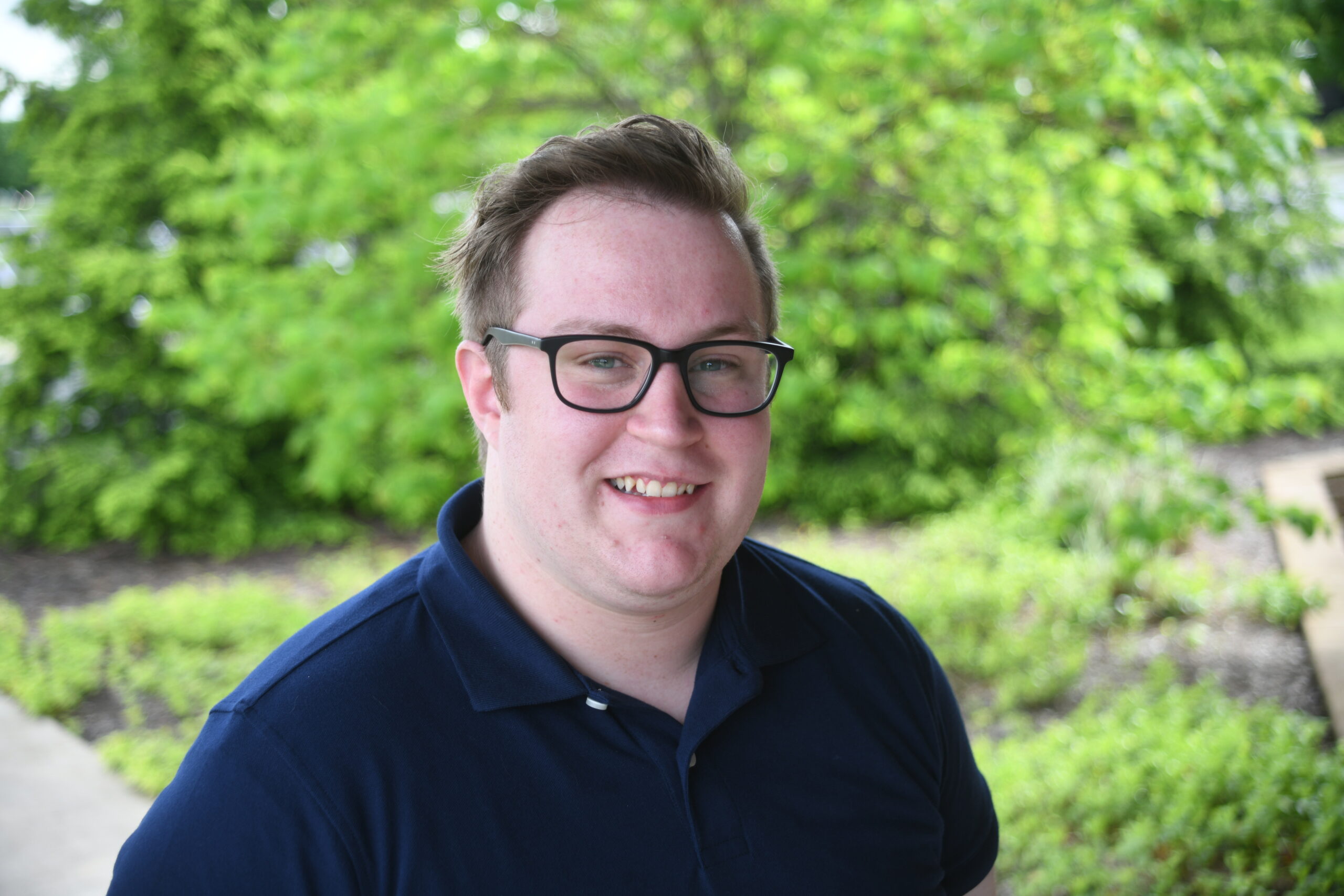Matthew 18:20 says, "For where two or three gather in my name, there am I with them." On Mar. 27- 28, MVS local leaders leaned on the Internet to help bring that promise to life. Using computers, tablets and phones, they came together in a virtual space to explore the present and future of MVS.
The largest topic of discussion was the transition of MVS’s structure from a program model to a network model. Local leaders also shared their concerns about the impact of the COVID-19 pandemic on their units.
Currently, the national MVS office has given no mandate for units to close due to COVID-19. However, Mission Network has recommended that units encourage their participants to work from home. Federal and state government officials have recommended this practice in many areas.
Since early March, many participants have developed work-from-home practices with their placements and continue to serve the work of God during quarantine. Participants are "finding their way to see how best they can support their [placement] agencies during this time," according to Alice Price, local leader for the Alamosa, Colorado, unit. The five agencies that work with the unit have been incredibly supportive during this time, she said.
Due to limited movement, MVS units have become movie theaters, bakeries, gyms, and other facilities as MVSers are shining God’s light on each other through creative outlets in their isolation.
Local leaders are in conversation with their units, and so far, seven participants have returned home. Some of these participants are continuing placement work from there.
MVS’s new network model means that individual units assume administrative and payroll responsibilities associated with the program. Marisa Smucker, director of MVS, says that these changes do not mean that Mission Network is "giving away" MVS. Instead, the goal of these changes is to give units and congregations more autonomy and flexibility. This is also an opportunity to think outside the box and to free MVS to envision and adapt new ways of ministering within communities.
Change is in the air, but many things in MVS will continue. Mission Network will provide recruitment and application processes, spiritual direction, harassment prevention, and safety training, among other things. Students will continue to receive student loan scholarships to make the transition from MVS to the workforce easier.
Orientation and retreat will continue to be an important part of MVS. Through the new network model, these activities will be expanded to include not just participants, but people closely connected to the unit communities as well.
Unit support committees across the country, along with the MVS national office, are forging the logistics for this change. "While we know it can be hard to implement change, we are optimistic about the future." said Smucker.








